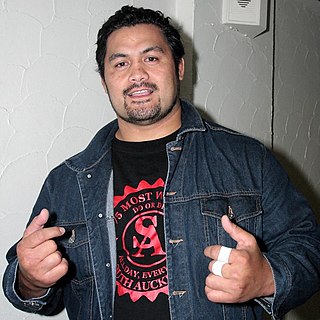A Quote by Eric Temple Bell
Poincaré [was] the last man to take practically all mathematics, pure and applied, as his province. ... Few mathematicians have had the breadth of philosophic vision that Poincaré had, and none in his superior in the gift of clear exposition.
Related Quotes
In one horrible moment the last piece of the prophecy became clear. So bid him take care, bid him look where he leaps, As life may be death and death life again reaps. He had to leap, and by his death, the others would live. That was it. That was what Sandwich had been trying to say all along, and by now he believed in Sandwich. He put on a final burst of speed, just like the coach taught him in track. He gave everything he had. In the last few steps before the canyon he felt a sharp pain in the back of his leg, and then the ground gave way under his feet. Gregor the Overlander leaped.
It has been a fortunate fact in the modern history of physical science that the scientist constructing a new theoretical system has nearly always found that the mathematics. . . required. . . had already been worked out by pure mathematicians for their own amusement. . . . The moral for statesmen would seem to be that, for proper scientific "planning", pure mathematics should be endowed fifty years ahead of scientists.
He pulled the Carstairs family ring from his finger and held it out to Will. "Take it." Will let his eyes drift down toward it, and then up to Jem's face. A dozen awful things he could say, or do, went through his mind. One did not slough off a persona so quickly, he had found. He had pretended to be cruel for so many years that the pretense was still what he reached for first, as a man might absently turn his carriage toward the home he had lived in for all his life, despite the fact that he had recently moved. "You wish to marry me now?" he said, at last.
But, in conformity to His wisdom it was right that afterwards the Prophet should be sent back from the vision of pure Unity and that he should return . . . toward the separative vision. For, He created man and jinn only that they should worship Him and know Him - and, if they remained at the degree of pure Unity, there would be none to worship Him. In this separative vision, the Worshipped and the worshipper, the Lord and the servant, the Creator and the creature are again perceived.



































